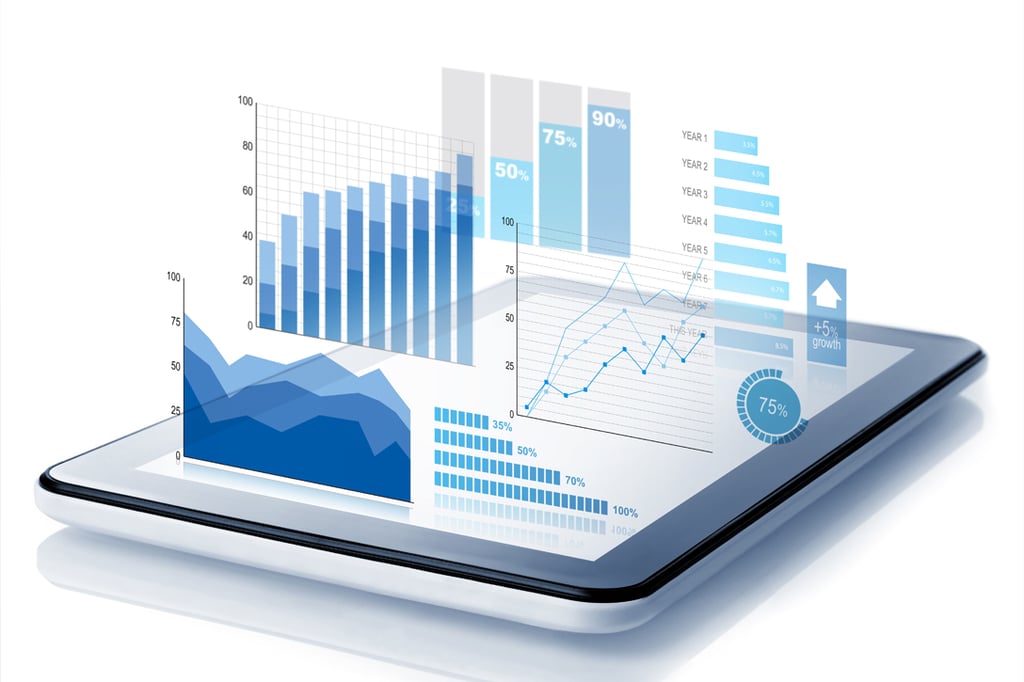This week I’m at the Dell Technology Summit in Austin Texas, and Michael Dell opened the event with a worldwide broadcast. During that broadcast, Michael looked toward the future and started talking about “the Next Data Decade” and stated that Dell’s strategy is to help technology users transform this data into actionable intelligence. One of his concerns is that data is becoming siloed in various cloud services making it far more difficult to analyze and make use of it. He is anticipating a massive build-out in Edge Computing as most technical tools become intelligent and connected.
For this, to work, you need to integrate the solutions making interoperation and security one of the biggest problems to be solved in this increasingly data-driven world. Therefore, Dell Technologies was created to create a simple, open, and unified data environment. Creating learning, insights, and action using ethics and integrity is creating a generational opportunity for success. Michael is focused on the next 35 years to ensure the future of his company.
Sustainability, Diversity, And Doing Good
Dell’s focus on sustainability is pronounced, and they have accomplished their 2020 goals early, so they are moving to the next goal set early. Their new goals include one-for-one recycling, which states for every new offering something equivalent will be recycled. They have made significant advances in the use of waste organic material coming out of the farming industry and waste plastics (like that recovered from the oceans) in packaging. Also, they are increasingly using these plastics in their products further reducing their adverse impact on the environment. These efforts are across their product lines from PCs to servers.
Diversity efforts are aggressive as well as promising a 50/50 mix, men to women, by 2030. Also, they showcased efforts to educate minorities in technology so that their race diversity is also more in line with their customer base.
Global Medical Impact
They have, with Tata Trust, has reached 11M in India and helped provide medical care with a goal of 40M my 2030. He introduced Dr. Clay Johnston from the Dell Medical School at the University of Texas at Austin. He pointed out that life expectancy is dropping in the US even though we pay 30% more for healthcare than any other developed country, yet the results are more in line with an emerging country like Chile. He argued that people don’t want health care, they want health and that the problem is that while there are tons of data on healthcare, there isn’t a commensurate benefit. Looking at this problem, they have prototyped new approaches to help people get healthy. They are using supercomputers to identify those at highest risk and get them the help they need. One group they focused on in their research was homeless because their health data is largely incomplete and in siloes so that they can’t get effective care without significant changes to the systems that care for them.
Michael pointed out that putting this massive amount of data to work will change the world into a better present.
Digital Enterprise Future
Executives from VMware came on stage to talk about 5G and how it will redefine cloud computing as we currently know it. The impact will hit a variety of industries, including Security (Surveillance), Retail, Manufacturing, Financial Services, Smart Cities, etc.
Dell itself is preparing for this future by assuring the applications that they are creating are both cloud-native and cloud-agnostic providing the flexibility and agility the firm will need to adjust to a future that they know will be changing with increasing frequency.
They are using AI internally to help the firm innovate in line with the current and coming evolution of the technology market. They are collaborating across the Dell Technologies product groups to make this happen.
Building the Next Innovation Engine
John Roese Dell’s CTO then took the stage and pointed out that the next ten years will continue the exponential increase of data that we’ve grown to love/hate. He pointed out they need to reduce the staffing requirements, aggressively increasing the impact of employees or we won’t have enough people. Dell’s research into autonomous cars, for instance, indicated the data requirements for just one car company, unless massive automation and AI improvements are made, will require millions of administrators that won’t exist by the time they are critically needed.
John announced Power-One, a new autonomous system designed for this new world where massive automation is needed. This solution can be used in the public or private cloud, it is highly adaptive, highly intelligent, using the most advanced building blocks available to today, and given the complexity, very easy to manage. This new system reduces management overhead by around 98%. This new product integrates with and enhances Dell’s existing storage and server offerings.
Power-One was also designed with sustainability in mind. It is delivered complete massively, reducing the packaging required, and it falls within their one-to-one strategy assuring every product produced is offset by something equivalent recycled.
Rebuilding Dell
Jeff Clarke, the Vice Chairman of Dell Technologies, got up and spoke to how Dell has been rebuilt to anticipate this coming world better, and he announced Dell Technologies On Demand. Dell Technologies On Demand is a Solution as a Service offering that adjusts costs based on usage and size, contains support and deployment capability, it included managed services, it includes the rich set of Dell infrastructure hardware offerings as well, including both desktop and server components. It can include the Dell Technologies Cloud for flexibility.
Jeff has grown impressively into his leadership role at Dell, and I remain amazed at how deeply he seems to understand what has become an incredibly complex company.








